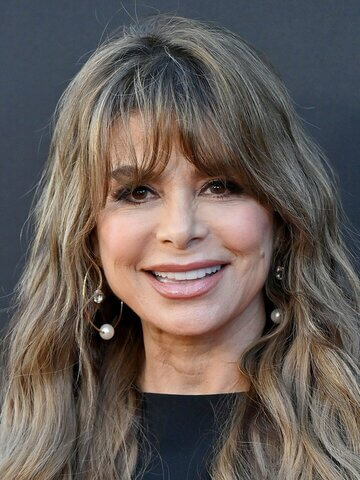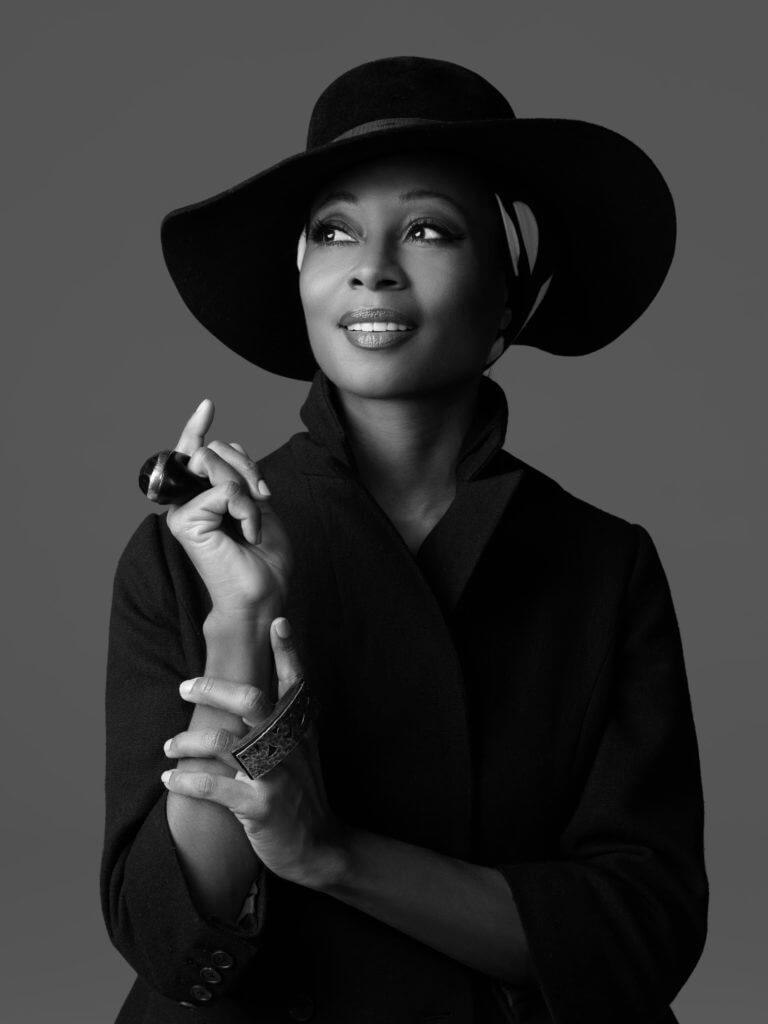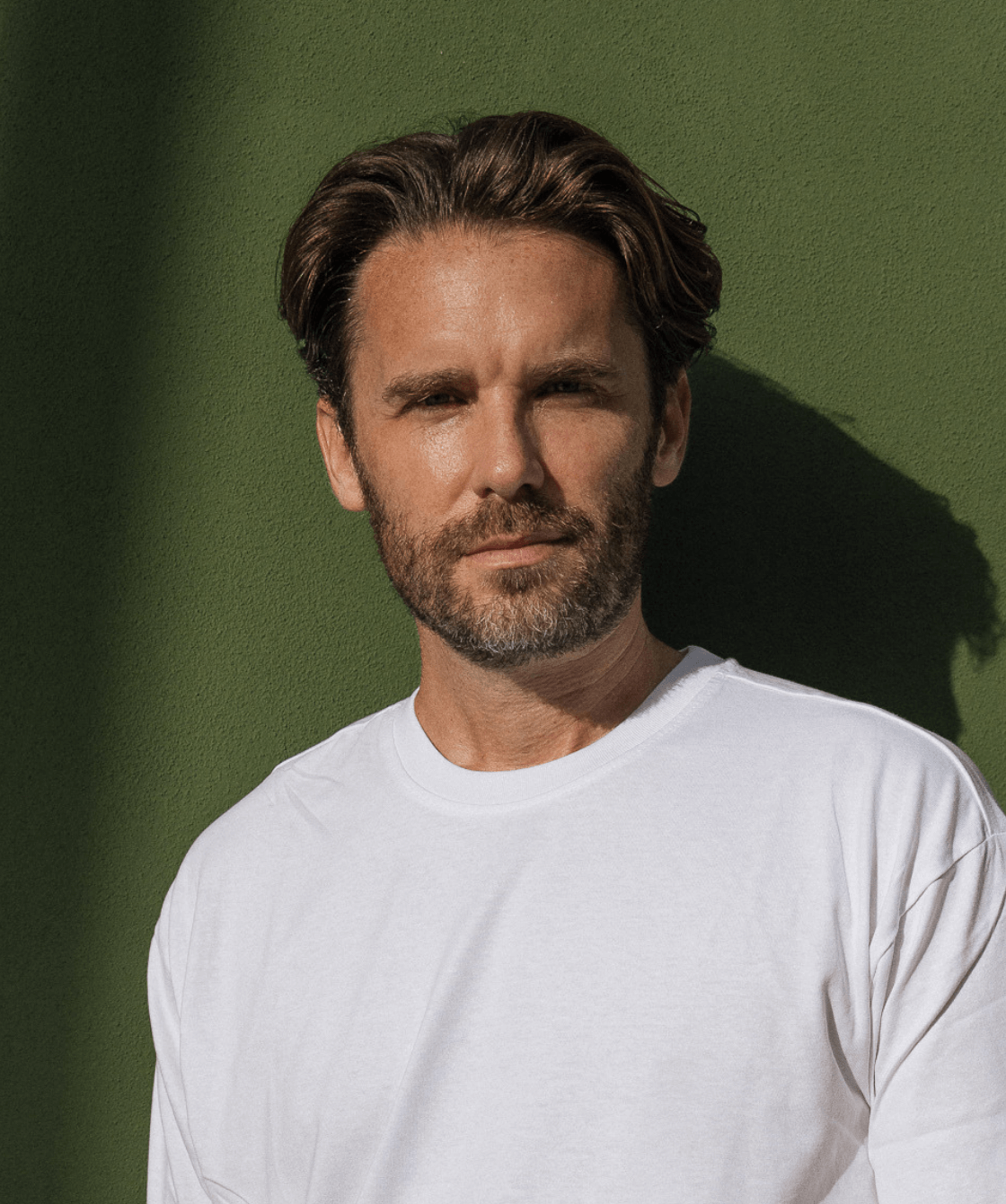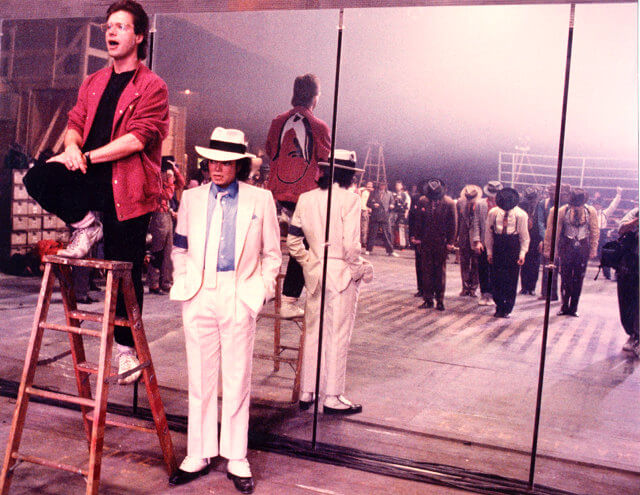1983 was the year:
- Michael Jackson’s “Beat It” and “Thriller” videos premiered on a new cable TV station called MTV.
- The iconic dance movie “Flashdance” landed in cinema’s worldwide.
- “Wild Style”, a documentary movie focusing on Hip-Hop culture also got it’s theatrical release in the fall of that year.
In the case of the “Beat It” and “Thriller” videos, it was the first time that synchronised group choreography, featuring an electric mix of new and exciting dance styles blended together, was seen by a huge international audience in music video format.
The iconic solos, “Maniac” and “What A Feeling!”, from the “Flashdance” movie, showcased choreography which blended classical lines with Jazz, Modern, Breaking and the aerobic fashions of the early 80’s (performed by Jennifer Beals, also featuring her body double and legendary breaker Richard “Crazy Legs” Colon). “Wild Style” gave its audience an insight to the fresh street styles from the Hip-Hop dance scene which had been evolving in the vibrant yet destitute boroughs of New York city during the 70’s and early 80’s.
I think it's fair to say that, as an industry and as a distinctive genre of dance, 1983 was the year that Commercial Dance was born.
Perhaps its actual conception was a year or so earlier, as these eclectic forms of dance started to be fused together in rehearsal studios in LA and New York – but it was in ’83 that people first laid eyes on this new genre of popular dance through their shiny, cable connected TV screens.
This would mean that Commercial Dance is already around 40 years old, surprising when we tend to think about this canon of popular dance as being a relatively new addition to the cultured world of performance art.
Throughout these 40 years, there have been many creatives, choreographers and dancers who have shaped the industry: creatives who have started trends which are still followed today, choreographers of iconic moments of dance which have influenced choreography for decades afterwards and dancers who have inspired so many to follow in their footsteps.
Commercial Dance choreographers
The spotlights below will give you an idea of the contributions of four very influential choreographers from the early days of Commercial Dance, along with a brief analysis of their work: Vincent Paterson, Tina Landon, Paula Abdul and Fatima Robinson. The spotlights are taken from my book “Commercial Dance: An Essential Guide” (Routledge) where you can read more about these and other significant choreographers, plus explore other key elements of the Commercial Dance industry.
This is not an exhaustive list and focuses on a small selection of choreographers from the 1980’s and 1990’s and there are many great choreographers missing! You will probably know the work of these main movers but you may not know their name.
👌 Advice: If you don’t know their name, I invite you to do go and research and find out more about them. You’ll most probably find that the lineage from your favourite 2025 choreographer is linked directly to people on this list.

1. Vincent Paterson
1950 · USA
In the midst of a long and varied career which includes significant work in theatre, opera and music video, Vincent Paterson provided direction and choreography for two supreme pop artists at the height of their popularity during a time in the mid-1980s and early 1990s when creatively, Michael Jackson and Madonna were almost without equals.
Background
At this time, they not only dominated the radio airwaves and set fashion trends almost weekly but with Paterson’s help, they also changed dance and kickstarted the Commercial Dance industry. This era was such a fertile time for dance on screen (the likes of Paula Abdul, Toni Basil and Prince were also creating significant dance material at this time) that Paterson can be considered as one of the first to organically formulate common ideas about what Commercial Dance is.
Paterson’s directional eye and choreographic dexterity helped these two artists to change the public’s perception of dance in the realm of pop music. He used elements typically seen in dramatic theatre work such as opera or ballet and combined them with the freshness and street styled vitality that both of these artists possessed at that time. Paterson developed choreography which allowed room for street flavours, but also kept a tight, crisp texture using the movement from the Jazz styles he trained in.
Music Video highlights
Smooth Criminal
Michael Jackson (1988)
Vogue
Madonna (1990)
Black or White
Michael Jackson (1991)
Tours and Live Performances





2. Tina Landon
1963 · USA
Tina Landon was at the epicentre of Commercial Dance’s accelerated development in the mid- 1990s–mid-2000s. Many of the ultra-recognisable dance routines performed by Britney Spears, Rhianna, Jennifer Lopez, Christina Aguilera, Janet Jackson, Ricky Martin and Shakira are the works of this celebrated dancer turned choreographer.
She was also involved in some of the most notorious on screen moments in dance history – providing the choreography for Ricky Martin’s internationally recognisable ‘Livin La Vida Loca’ video and also co-choreographing the only on-screen collaboration between Janet and Michael Jackson in their 1995 ‘Scream’ video (which gained her an MTV Video Music Award for Best Choreography long with Travis Payne, Sean Cheeseman and Lavelle Smith Jr.). Landon’s choreography is characterised by its high energy, aerobic and technical base with a seamless integration of House and Hip-Hop styles.
Background
Iconic dance dominated videos such as Janet Jackson’s ‘Together Again’ (1997), Christina Aguilera’s ‘Come On Over (All I Want Is You)’ (2000) and Britney Spears’ ‘Opps!…I Did It Again’ (2000) beamed Landon’s choreography into the living rooms of millions worldwide as music videos benefitted not only from an increasingly accessible MTV channel, but also the gradual emergence of online music video sharing platforms such as YouTube and Myspace in the early 2000s. Landon’s dance style complemented the musical trends of this era well. Songs such as ‘Together Again,’ which were arranged over a prominent house beat, providing a base for Landon’s natural style of choreography, which often brought together House and Hip-Hop steps with sharper Jazz lines favoured by Jackson in her earlier work.
Landon’s style of choreography underpinned much of the movement vocabulary for Commercial Dance in the 2000s.
Music Video highlights
Umbrella
Rihanna (2007)
Livin' the Vida Loca
Rihanna (1988)
If
Janet Jackson (2006)
Scream
Michael Jackson, Janet Jackson (1995)
Lady Marmalade
Christina Aguilera, Lil' Kim, Mya, P!nk (2002)
Tours and Live Performances


Featured quote by Tina Landon
Landon described the style of dance she created in an interview with the music magazine show The Loop:
“I think my style is a culmination of athleticism and sensuality. There’s actually a really great part in Jennifer Lopez’s first video ‘If You Had My Love’ where we did three completely different sections – one was House, one was Hip-Hop and one was Latin, so it kind of encompasses everything.”

3. Paula Abdul
1962 · American
Paula Abdul was a significant contributor to the development of choreography in music video in the 1980s, making her one of the most influential creatives in the evolution of Commercial Dance. Also known today as a TV presenter and judge on Saturday night television mainstays such as ‘American Idol,’ ‘So You Think You Can Dance’ and ‘X- Factor,’ Abdul’s work in the late 1980s and 1990s was choreographically very significant.
Background
Beginning her career as an LA Lakers dancer and choreographer, she was scouted and recruited as Janet Jackson’s personal dance coach and choreographer, when Jackson was just embarking on her adult music career. Abdul was rewarded with two nominations for the MTV Music award for ‘Best Choreography in a Music Video’ in 1987 for her work on Jackson’s ‘What Have You Done For Me Lately’ and ‘Nasty,’ winning the award for the latter. Janet Jackson has been acknowledged in this book as one of the pioneers of Commercial Dance and it was Abdul who initially coached Jackson, giving her the dance tools and stage craft to re-launch herself as a reputable female artist and step out of the long shadow cast by her older, famous siblings. Abdul’s choreography complemented Jackson’s strengths perfectly – strong, technical Jazz foundations interlaced with the singer’s natural ability to absorb and perform ‘street’ styles of the time.
Attracting attention for her progressive choreography with Janet, Abdul pursued her own successful solo career in which she released a number of Billboard Top 100 hits. ‘Straight Up’ was her first solo success and the video is a dance onslaught introduced by Abdul hoofing through a 20-second tap solo followed by four pirouettes into a knee slam. She wasn’t messing around. She was a serious dance creative who was directing, very clearly, the direction in which dance in music video in the 1990s would be headed. Abdul performed this track on 2018 on James Corden’s ‘The Late Late Show’ – this performance highlights what a cornerstone video it was – much of the same choreography and styling from the original video was incorporated and the performance feels as crisp and relevant in 2018 as it did in 1989.
Music Video highlights
Nasty
Janet Jackson (1986)
Straight Up
Paula Abdul (1989)
Opposites Attract
Paula Abdul (1991)
Featured quote by Paula Abdul
Abdul told Rolling Stone magazine in 2014 that:
“I’m very grateful, because this was really the big start to my career. When I was introduced to Janet, I was told by A&M Records that Control was going to be an important album for her, and when I started hearing demos, I was really, really excited to work with her. I felt like I had a chance here to really create something big for her.”

4. Fatima Robinson
1971 · American
Fatima Robinson’s work portfolio has constantly expanded over the last three decades, cementing her as one of the most dominate creative forces in Commercial Dance. Her two stints choreographing for the Super Bowl halftime show have been notable. The first time for The Black Eyed Peas was in 2011, in which Robinson took on the huge task of working with a cast of 1,000 dancers and also became the first woman of colour to choreograph the iconic sporting moment. The 2022 halftime show saw Robinson praised for the dynamic choreography performed by 130 dancers, which accompanied a selection of Dr Dre produced hits.
Background
In 1992, when only 21 years old, Fatima worked with director John Singleton and Michael Jackson on the Egyptian themed short film for ‘Remember the Time.’ Together with Buddha Stretch, they created one of Jackson’s most memorable dance sequences with Fatima and Stretch providing the choreography to an acapella Jackson vocal that grows into a transfixing rhythm-track breakdown dance finale. When reminiscing about the experience of shooting ‘Remember the Time’ with Jackson to The Huffington Post in 2017, Fatima remarked: “He never wanted you to count the song, he wanted you to mimic the rhythm of the song… for him it was about the emotion and the beat of the song and that drove the dance.” In the video for ‘Remember the Time’ Fatima uses understated, succinct Hip-Hop rooted choreography phrases on duos of dancers and injects an Egyptian inflection by integrating elements of ‘Tutting’ (Tutting is a Funk sub-style that consists of angular arm and hand movements, created by forming interesting geometric shapes, often reminiscent of the angular arm lines seen in ancient Egyptian hieroglyphics – the moniker ‘Tutting’ is in reference to the Egyptian King, Tutankhamun).
Busta Rhymes ‘Put Your Hands Where My Eyes Can See’ is one of the game-changing Hip- Hop videos of the 1990s. Collaborating with director Hype Williams to create a unique and satirical take on Busta’s grandiose Hip-Hop lifestyle, Fatima’s choreography in the
luminescent final third of the video is grounded with elements of African dance fused with the popular Hip-Hop styles of the late 1990s. Fatima’s work with Aaliyah in a series of emblematic videos including ‘More than a Woman,’ ‘Are You That Somebody,’ ‘We Need a Resolution’ and ‘Rock the Boat’ confirmed her as one of the go-to choreographers of the era.
Illustrating her ability to relate to any type of dance or personality, Fatima’s work on Pharrell William’s memorable ‘Happy’ video project is uplifting. In behind-the-scenes footage of this shoot, Fatima is beside the lens for every shot, guiding Pharrell and his dancers though their movement choices, making sure that the spirit of the song is expressed though the video’s various characters in the most captivating way.
Music Video highlights
Vegas
Doja Cat (2022)
Put Your Hands Where My Eyes Can See
Busta Rhymes (1997)
Remember The Time
Michael Jackson (1992)
Happy
Pharrell Williams (2013)
Film and Live Performances










